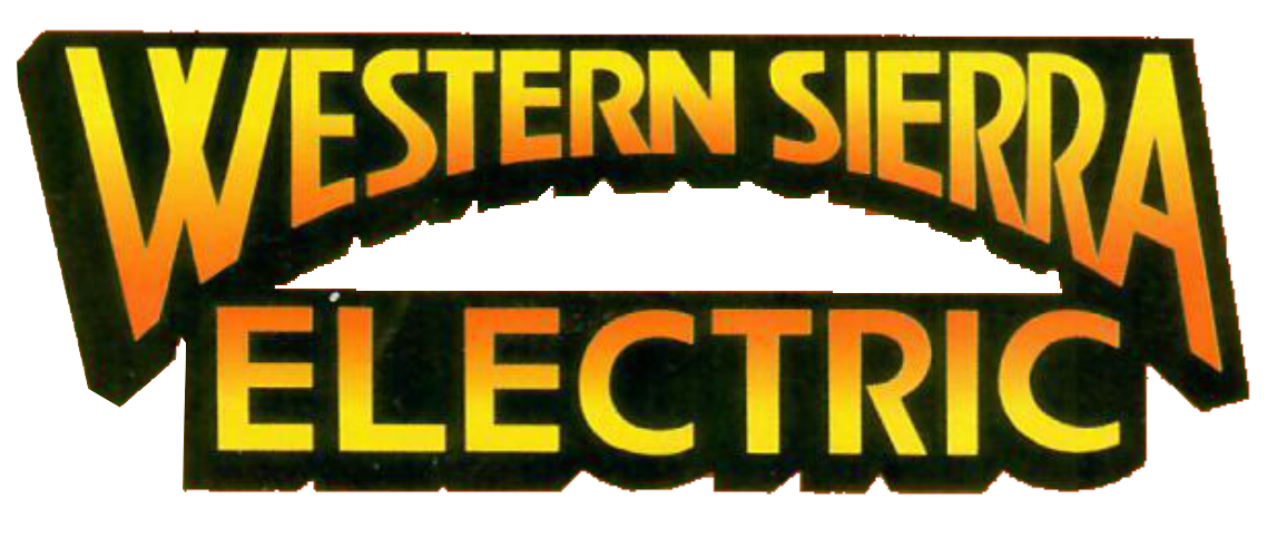FAQs
Here are some of our most Frequently Asked Questions.
Q: How do I know if my electrical panel needs to be upgraded?
A: Older panels may show signs like frequent breaker trips, flickering lights, or the inability to support new appliances. If your home has a panel older than 20-30 years or uses fuses instead of breakers, it’s a good idea to have it inspected for an upgrade.
Q: What are the benefits of installing an EV home charger?
An EV charger at home provides convenient, faster charging than a standard outlet, helps manage charging times to save on electricity costs, and increases the value of your home.
Q: How often should I have my home electrical system inspected?
It's recommended to have a professional inspection every 3-5 years or when buying/selling a home, after major renovations, or if you notice electrical issues like flickering lights or outlets not working.
Q: Can I install outdoor or dock lighting safely myself?
Electrical work near water or outdoors requires specific safety measures and permits. It’s best to hire a licensed electrician to ensure code compliance and safety.
Q: What’s the difference between a generator system and a temporary power pole?
A generator system provides backup power during outages for your entire home or business. A temporary power pole is a temporary electrical connection, often used on construction sites, while permanent power is being installed.
Q: Why do my lights flicker when I turn on other appliances?
This can be caused by voltage fluctuations due to an overloaded circuit or an outdated electrical panel. It’s a sign you may need electrical upgrades or repairs.
For more information please read our
helpful article.
Q: What are the safety signs that indicate electrical problems in my home?
Signs include frequent breaker trips, burning smells, scorch marks near outlets, buzzing sounds, shocks when touching appliances, or discolored outlets.
For more information please read our
helpful article.
Q: What are tenant improvements in commercial electrical work?
Tenant improvements include customizing or upgrading the electrical system in leased spaces to meet specific business needs, like installing new lighting, outlets, or data wiring.
Q: How is parking lot lighting different from regular outdoor lighting?
Parking lot lighting requires specialized fixtures designed for wide area coverage, durability, energy efficiency, and often includes controls for timed operation or motion sensing.
Q: What is security and control wiring in a commercial setting?
It involves installing wiring for systems like alarms, cameras, access control, and automation that help secure and manage business premises.
Q: What factors determine the cost of installing commercial EV chargers?
Costs depend on the number of chargers, electrical capacity needed, existing infrastructure, permits, and any required upgrades to the electrical service.
Q:
How often should commercial electrical systems be inspected?
Commercial systems should be inspected at least annually or per local regulations to ensure safety, prevent downtime, and maintain code compliance.
Q: Can electrical work disrupt my business operations?
Electricians can often schedule work during off-hours or weekends to minimize disruption, and temporary power solutions can keep your business running during upgrades.
Q: What qualifications should I look for in a licensed electrician?
Look for proper licensing, insurance, experience, good reviews, and familiarity with local codes and regulations.
Q: Are electrical permits required for home or commercial electrical work?
Most electrical work requires permits to ensure it meets safety codes. In many cases, we do not pull the permit ourselves unless a customer specifically requests it, and there is an additional charge for doing so. For new construction projects, we typically work as a subcontractor for general contractors, and they are responsible for obtaining the necessary building permits. In some cases, the homeowner may already have the permit in place.
Q: What should I do in a power outage?
Check your breaker panel for tripped breakers first. If it’s a wider outage, unplug sensitive electronics, use a generator if you have one, and contact your utility or electrician for assistance.
Q: Can I add new circuits to my existing electrical panel?
Yes, if your panel has capacity. If it’s full or outdated, an upgrade may be necessary before adding circuits.
Q: What is underground conduit installation and why is it important?
It involves burying protective tubing for electrical wiring underground to prevent damage and ensure safety, often used for outdoor lighting, pools, or new construction.
Q: How do I know if my electrical wiring is up to code?
A licensed electrician can inspect your wiring to check for compliance with current electrical codes and recommend upgrades if needed.






